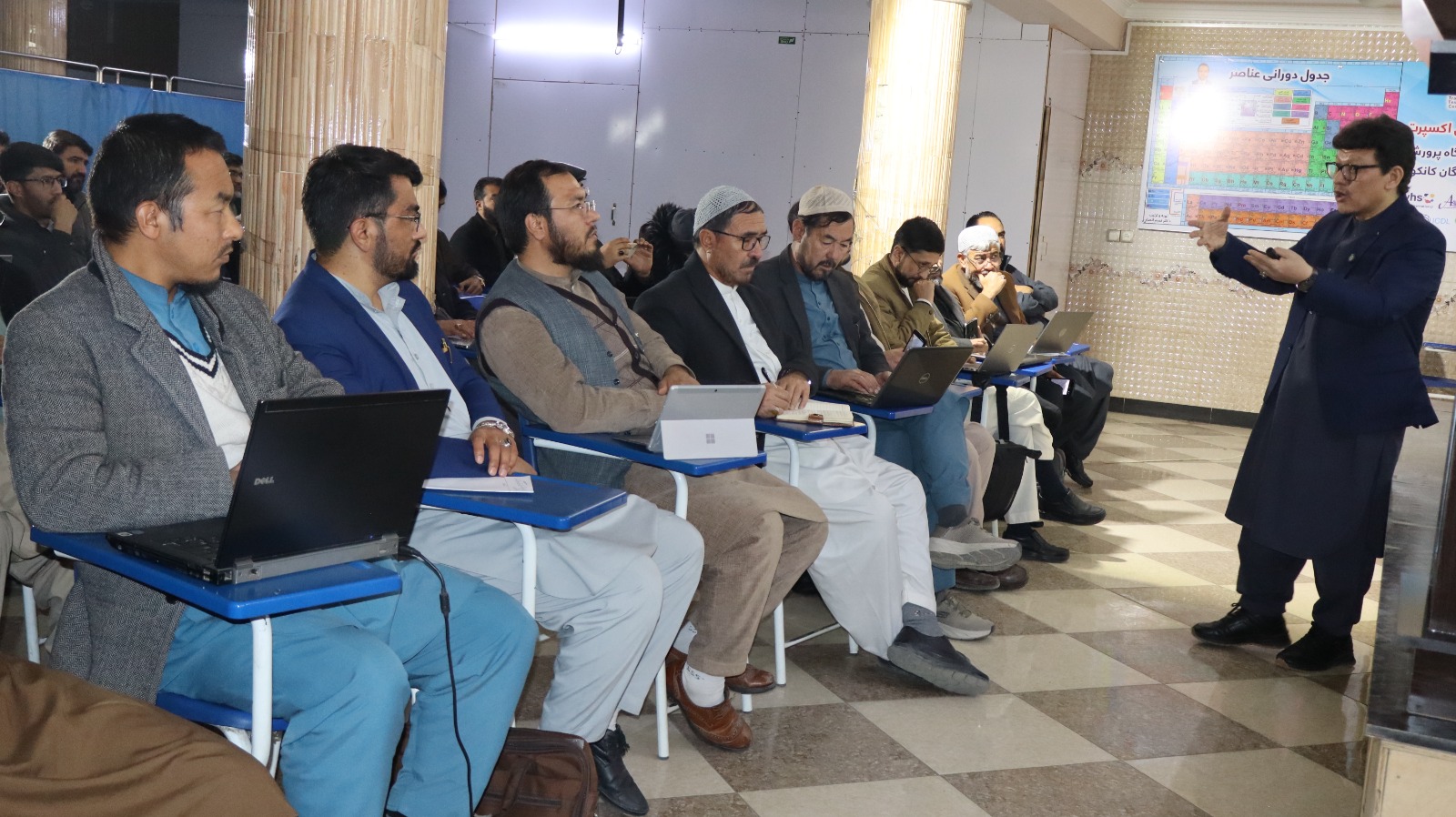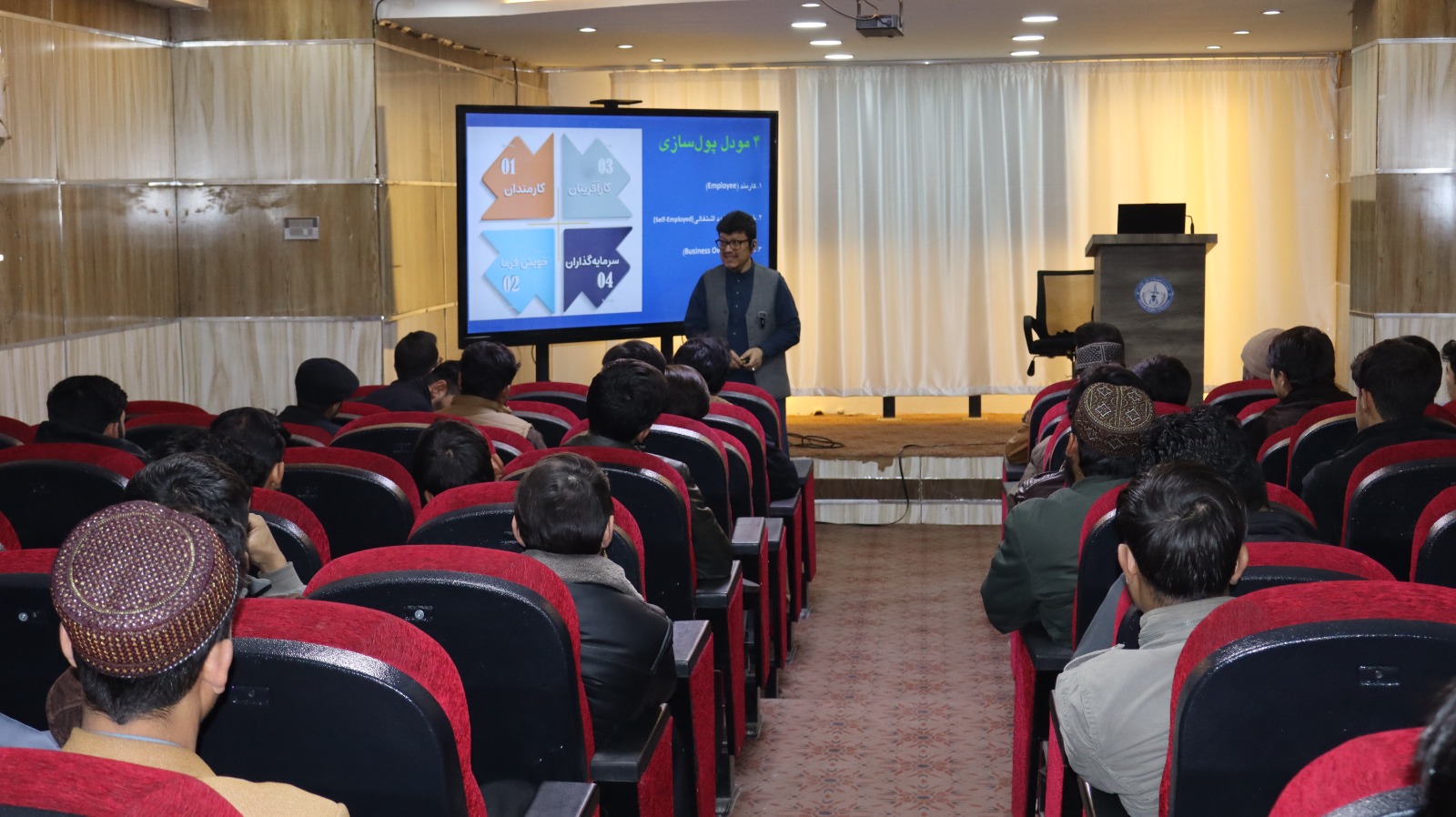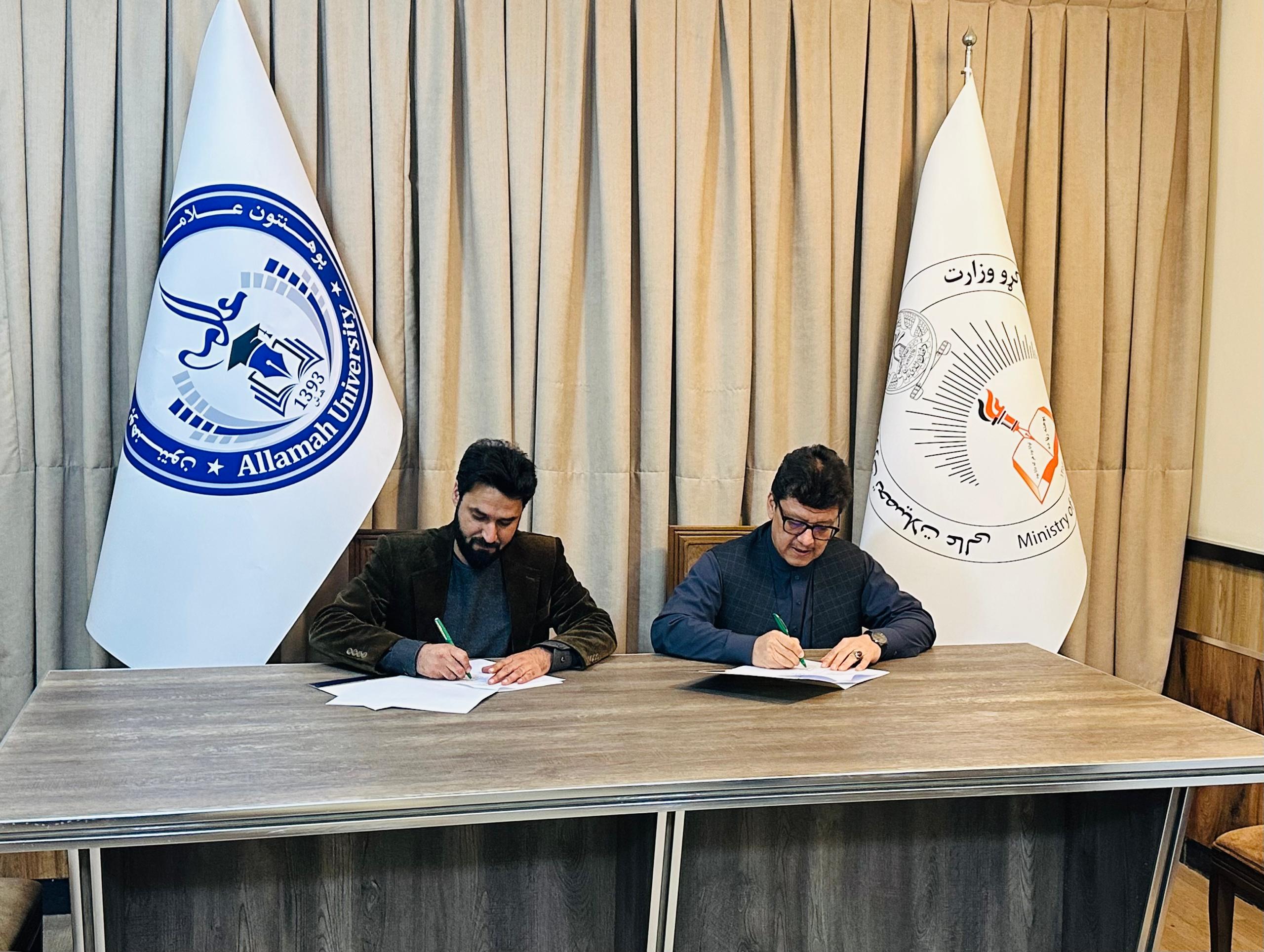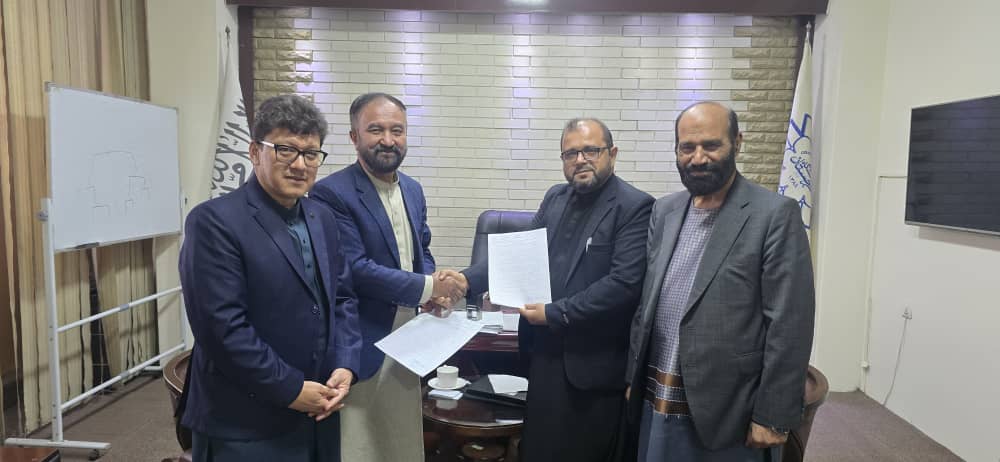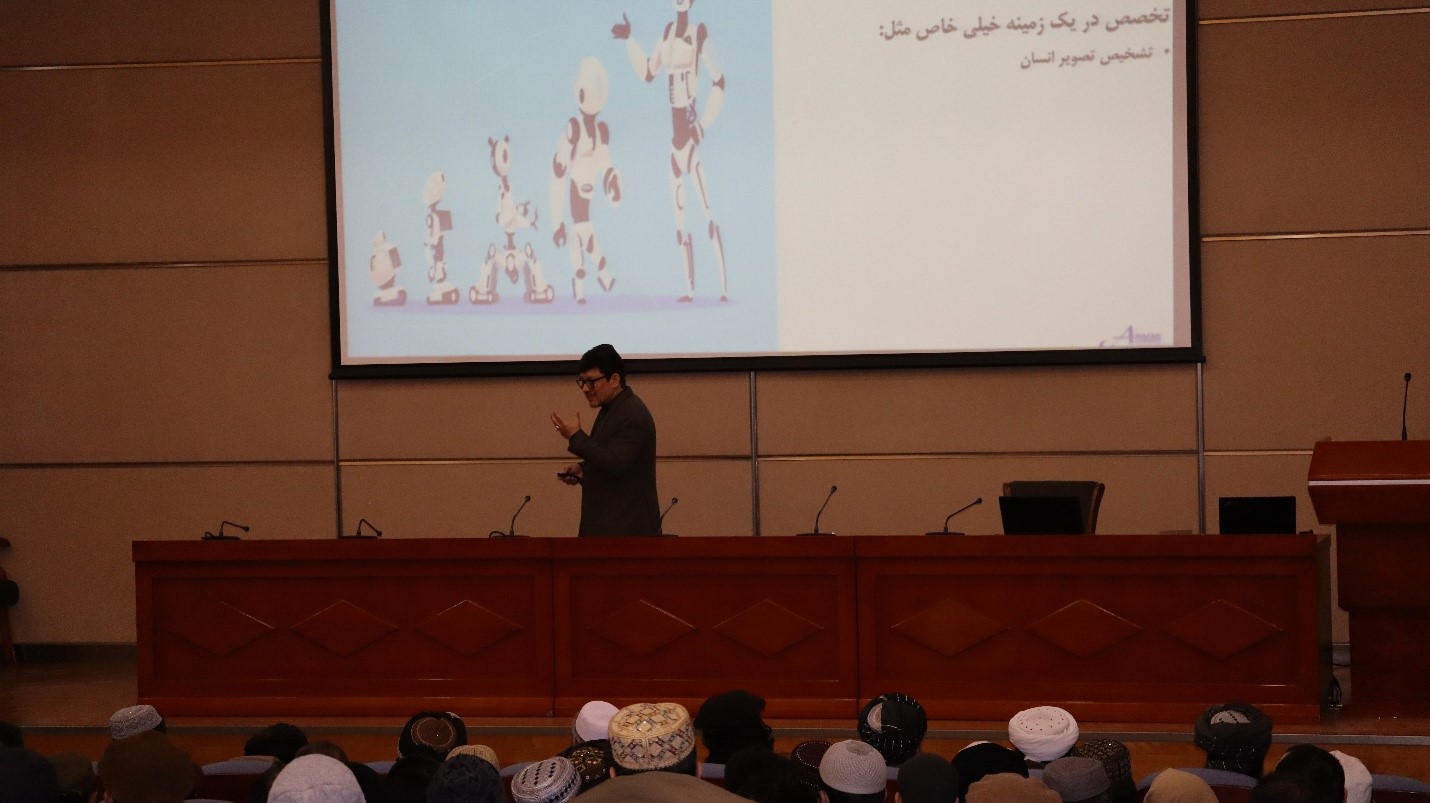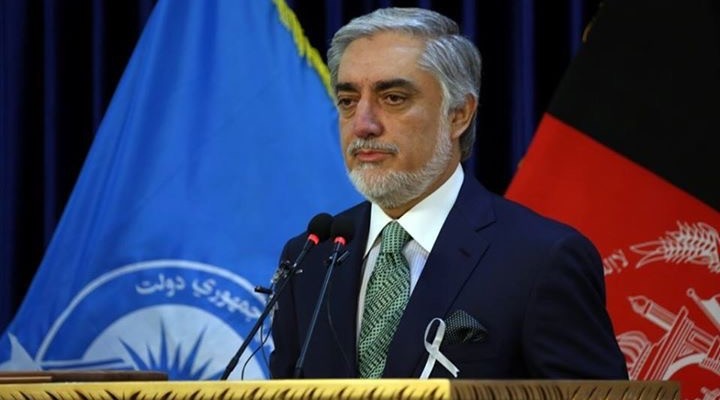
Addressing a conference to mark International Literacy Day, Abdullah stated that illiteracy should not be accepted by anyone – “not by government or the people” and pointed out that for all Afghans today, education was critical.
The event was part of the Literacy Week supported by ANAFAE and DVV International in Kabul on September 4. This year marks the 50th anniversary of International Literacy Day and UNESCO is celebrating it under the banner “Reading the Past, Writing the Future”.
The German Embassy was represented at the conference by the Head of the Cultural Section.
International Literacy Day 2016 celebrates and honors the past five decades of national and international engagement, efforts and progress made to increase literacy rates around the world. It also addresses current challenges and looks to innovative solutions to further boost literacy in the future.
Afghanistan has one of the lowest literacy rates in the world, currently estimated at about 36 percent of the adult population (over 15 years of age), according to UNESCO.
Female literacy levels are on average 17 percent, with high variation, indicating a strong geographical and gender divide.
The highest female literacy rate, for instance, is 34.7 percent, found in the capital, Kabul, while a rate as low as 1.6 percent is found in two southern provinces of the country.
Male literacy rates average about 45 percent, again with high variation. The highest male literacy rates are in Kabul, at 68 percent, while the lowest is found in Helmand, at 41 percent.
